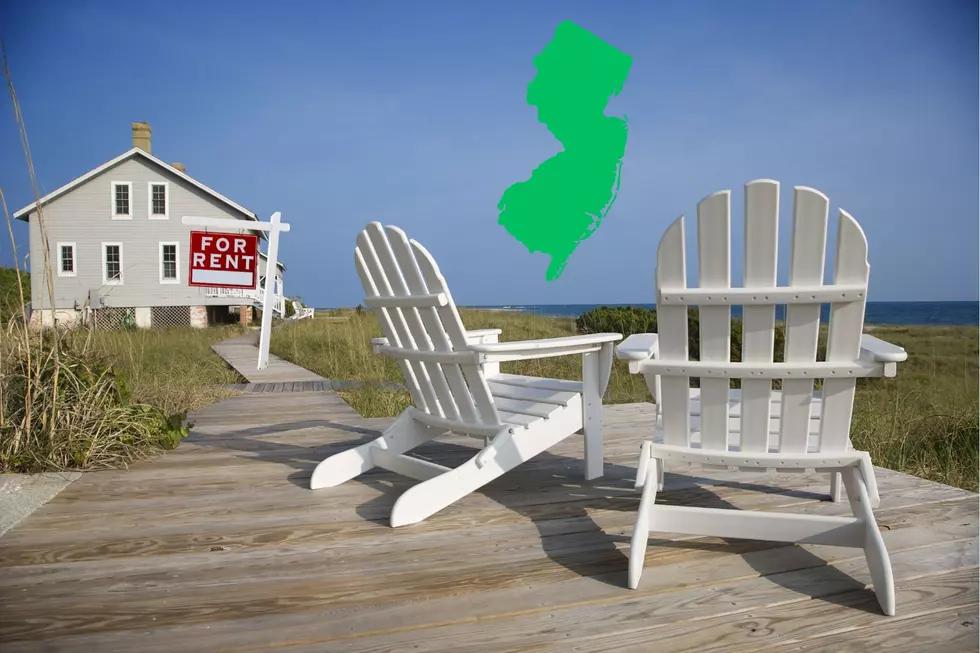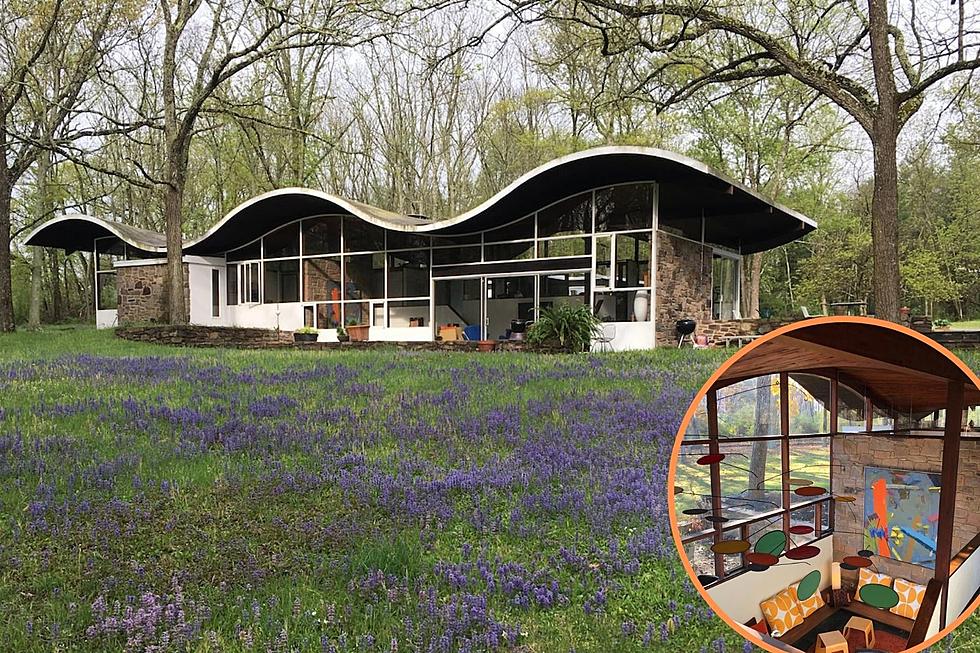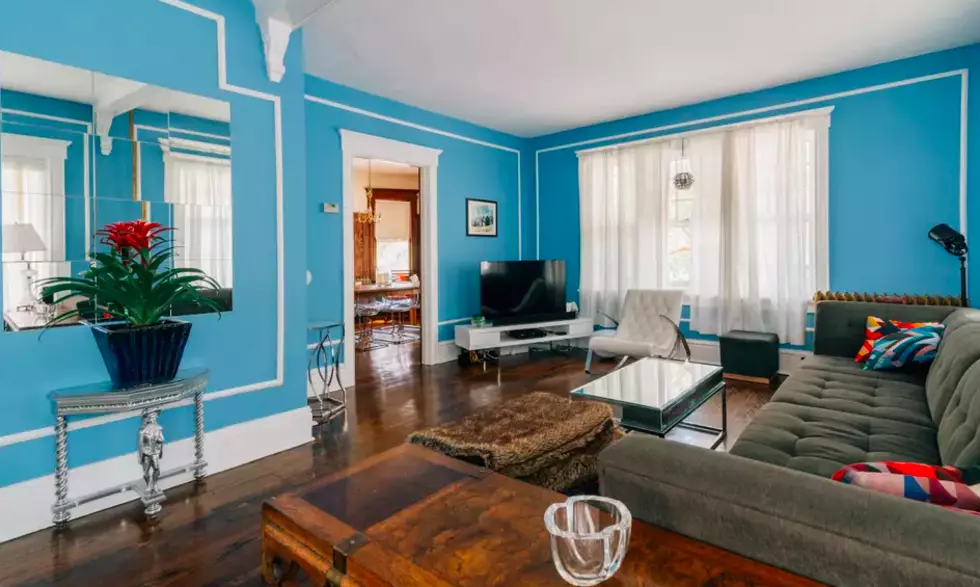
Are you being watched? Surveillance rules for Airbnb and hotels
Booking a rental home or hotel room this summer? Someone may be watching.
In New Jersey, where shore homeowners may want to make sure their property is in the hands of responsible renters, video surveillance is generally allowed. The state statute, though, limits where cameras can be rolling — a bedroom or bathroom would be off limits, for example.
Home-sharing platforms put forth their own policies on the presence of recording devices.
Airbnb hosts are required to disclose whether an active recording is taking place at their property. On their listing, hosts must indicate the presence of any security camera or recording device, whether or not it's turned on. "Hidden cameras" are prohibited altogether, even if they happen to be disclosed in advance.
"In addition, security cameras and other recording devices are never allowed in any bedrooms or bathrooms," said Liz DeBold Fusco, Airbnb's senior communications manager for the eastern U.S. "Hosts who are are found to have violated this policy are subject to removal from our platform, and we also stand ready to work with law enforcement agencies that investigate any potential criminal activity related to that."
If a host discloses a device after a booking is made, Airbnb will allow the guest to cancel and receive a refund.
Homeaway, another platform used often in the Garden State, does not permit the use of surveillance equipment inside. Security devices used outdoors must have their physical location shared with the traveler.
"Our policy is that cameras can only be on the outside of the home and not where travelers would reasonably expect privacy," their website reads.
Marilou Halvorsen, president of the New Jersey Restaurant & Hospitality Association, said hotels do not place cameras inside individual rooms.
"Cameras are typically located in elevators or public areas like the lobby or the gym, and that's for safety and security reasons," Halvorsen said.
The state's statute prohibits the recording of another person whose intimate parts are exposed or who is engaged in an act of sexual contact, without their consent. The statute also says a person may not be filmed under circumstances in which "a reasonable person" would not expect to be observed.
More From WPG Talk Radio 95.5 FM










